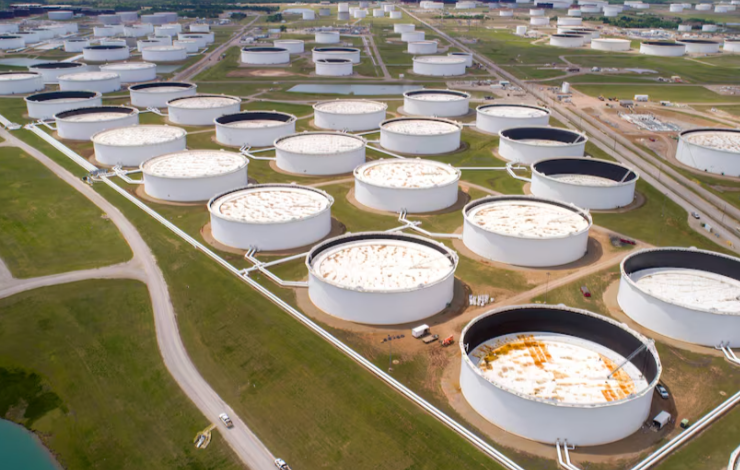Oil Prices Drop Over 4% as Iran Supply Fears Ease and Demand Weakens

Oil prices plummeted more than 4% on Tuesday, reaching a near two-week low, as concerns about supply disruptions from Iran eased and global demand projections weakened, Reuters reports.
Brent crude futures dropped $3.28, or 4.2%, to $74.18 per barrel, while West Texas Intermediate (WTI) fell by $3.33, or 4.5%, to $70.50 per barrel. Both benchmarks reached their lowest levels since early October and are down nearly $5 this week, erasing gains sparked by fears of an Israeli strike on Iranian oil facilities.
The decline followed a report that Israeli Prime Minister Benjamin Netanyahu assured the US that Israel would focus on striking Iranian military targets rather than oil infrastructure, reducing fears of a significant supply disruption. Netanyahu’s stance comes amid Israel’s ongoing conflict with Hezbollah militants in Lebanon.
“The weakening demand has led to traders pulling the ‘war premium’ from prices,” said Priyanka Sachdeva, senior market analyst at Phillip Nova.
Despite the price drop, Sachdeva noted that geopolitical tensions continue to provide some support to oil prices.
In addition to easing supply concerns, market sentiment was impacted by reduced forecasts for global oil demand growth. Both the Organization of the Petroleum Exporting Countries (OPEC) and the International Energy Agency (IEA) cut their outlooks for 2024, with China responsible for much of the downgrade. OPEC’s projections for demand remain more optimistic than the IEA’s, but the continued downward adjustments reflect concerns over weaker global economic growth.
China’s customs data showed a year-on-year decline in oil imports for September, adding to fears that the country’s economic growth may fall short of official targets for 2024, according to a Reuters poll.








